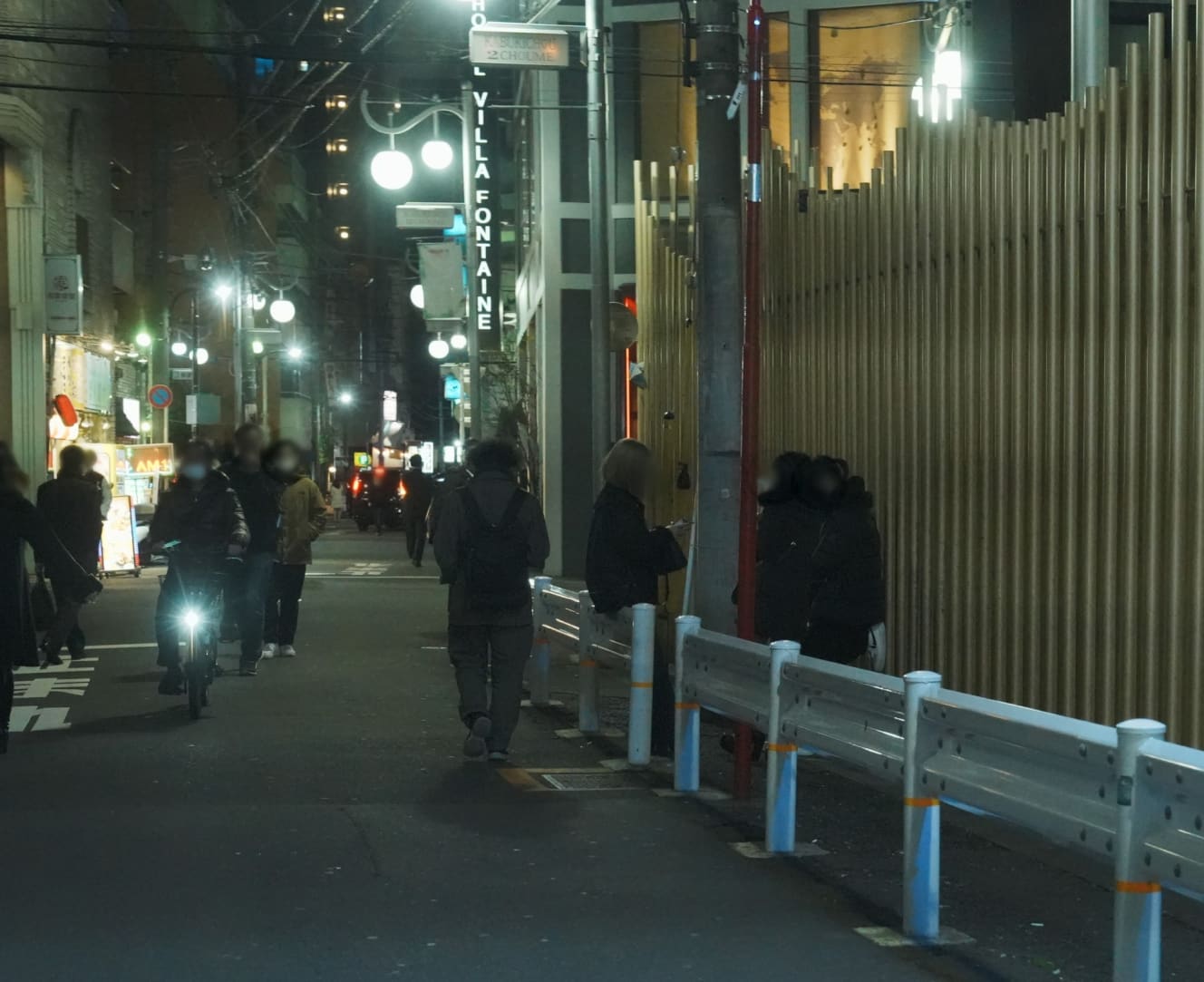Shocking “service contents” offered at a “brothel based on the premise of illegal activities” revealed by the exposure of “standing girls” in Kabukicho…
On June 17, the Metropolitan Police Department’s Security Division announced the arrest of 23 people, including the manager of a Tokyo-based group operating a delivery health service (hereinafter referred to as “deli-help”), for introducing female employees of the service to customers as partners in prostitution, in violation of the Anti-Prostitution Law (circumvention). The arrest of 23 people from a single group for violation of the Anti-Prostitution Law is an unusual situation.
Although the practice of sexual intercourse is prohibited in the prostitution industry, it is difficult for not only the police but also the operators to grasp the actual situation because the customers are served in closed rooms such as a hotel room or their own homes. Why, in spite of this, was such a large scale bust carried out?
The reason is that when women waiting for customers in Okubo Park in Shinjuku’s Kabukicho district were caught, some of them told the police that they had been working at this establishment and had been engaged in sexual intercourse.
A reporter familiar with the situation in Kabukicho said
During the hiring interview, the woman told the interviewer, “We have a sex scene at our store,” “How far can you go?” and so on. It is a very risky thing to do, but it is a basic rule. It’s a risky thing to do, but basically, if the store and the woman cooperate, they won’t be found out. They probably didn’t think that the women would also be prostituting themselves in Okubo Park and that they would be found out from there.”
A man who actually went to the store said that the service basically included a sex act, and he described the situation as follows.
When I went to this store, I basically used it on the assumption that there would be sex work. When I used this store, I used it on the assumption that I was going to have to perform. She would ask me, ‘What do you want to do at the end? or “Do you want to go in? and “Do you want to go in?
Sometimes I would pay extra money for this. I have a feeling that about half of the girls required an extra fee for the performance, and the other half only required the course fee to finish the performance. I think it is a game of likability whether you can do it or not. I went to the school as if it were a game: if I paid for it, I lost, and if I could do it without, I won (laughs).
According to the men, the additional fee was often around 10,000 yen, but there were also women who would perform the real act for as little as 3,000 yen or 5,000 yen.
Some of these women were using the app to conduct their own prostitution during the time they were waiting for customers.
At that store, the time they spent waiting for customers was completely free time at home. Once a client was chosen, the store’s driver would drive up to her house, and during that time, I heard that she was using the app to look for a prostitute.
It was like, ‘I’m going to Shin-Okubo now, starting at 15,000 yen. Compared to customers who never know when they will arrive, an app with so many users is probably more efficient.”
Okubo Park is often criticized on social networking sites for its large number of standing girls. Far more women than there are using the app to engage in prostitution, he says.
Unlike stores, personal interactions carry a very high risk of financial trouble and transmission of sexually transmitted diseases. Government intervention is required before such exchanges become widespread.
